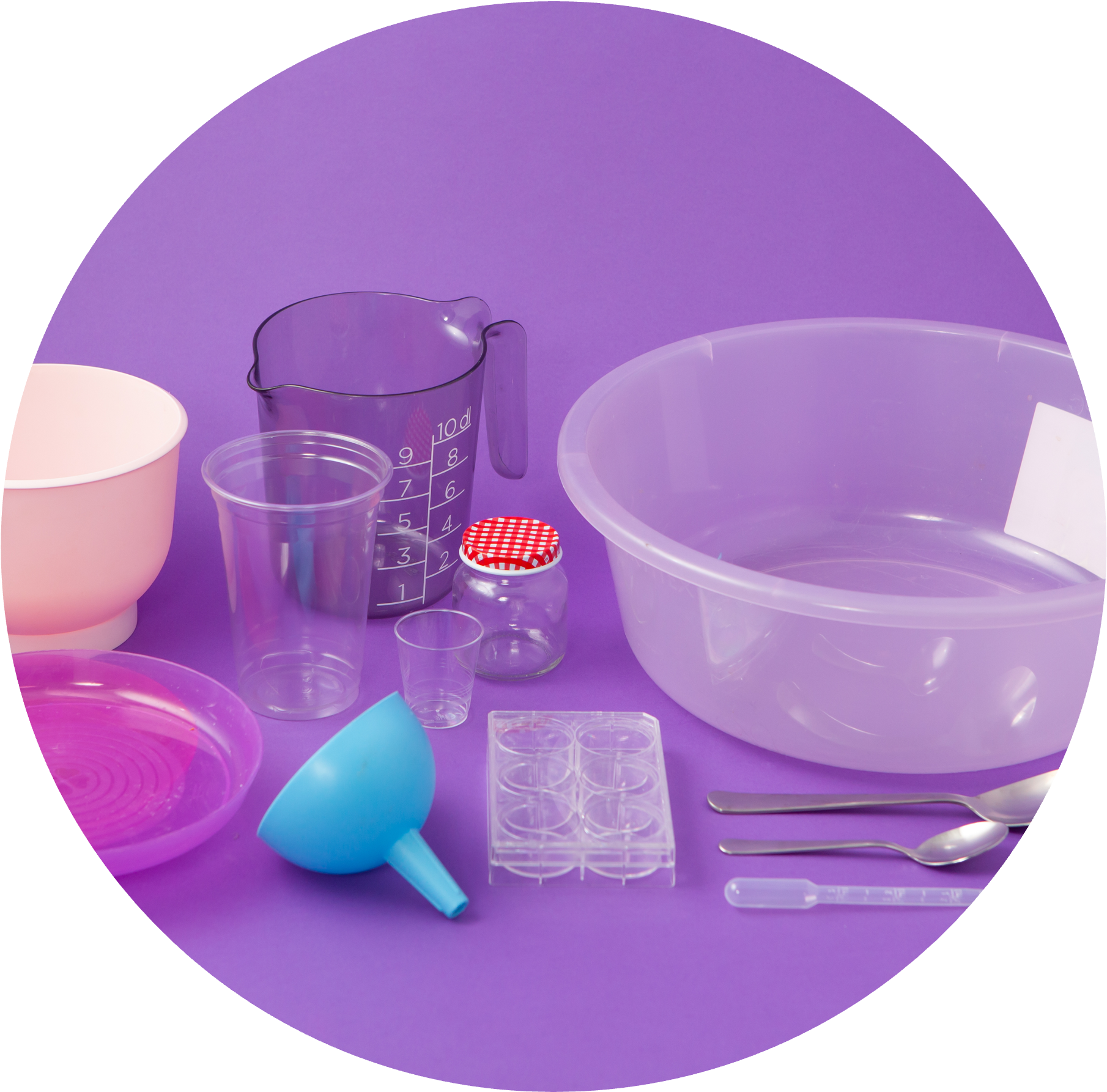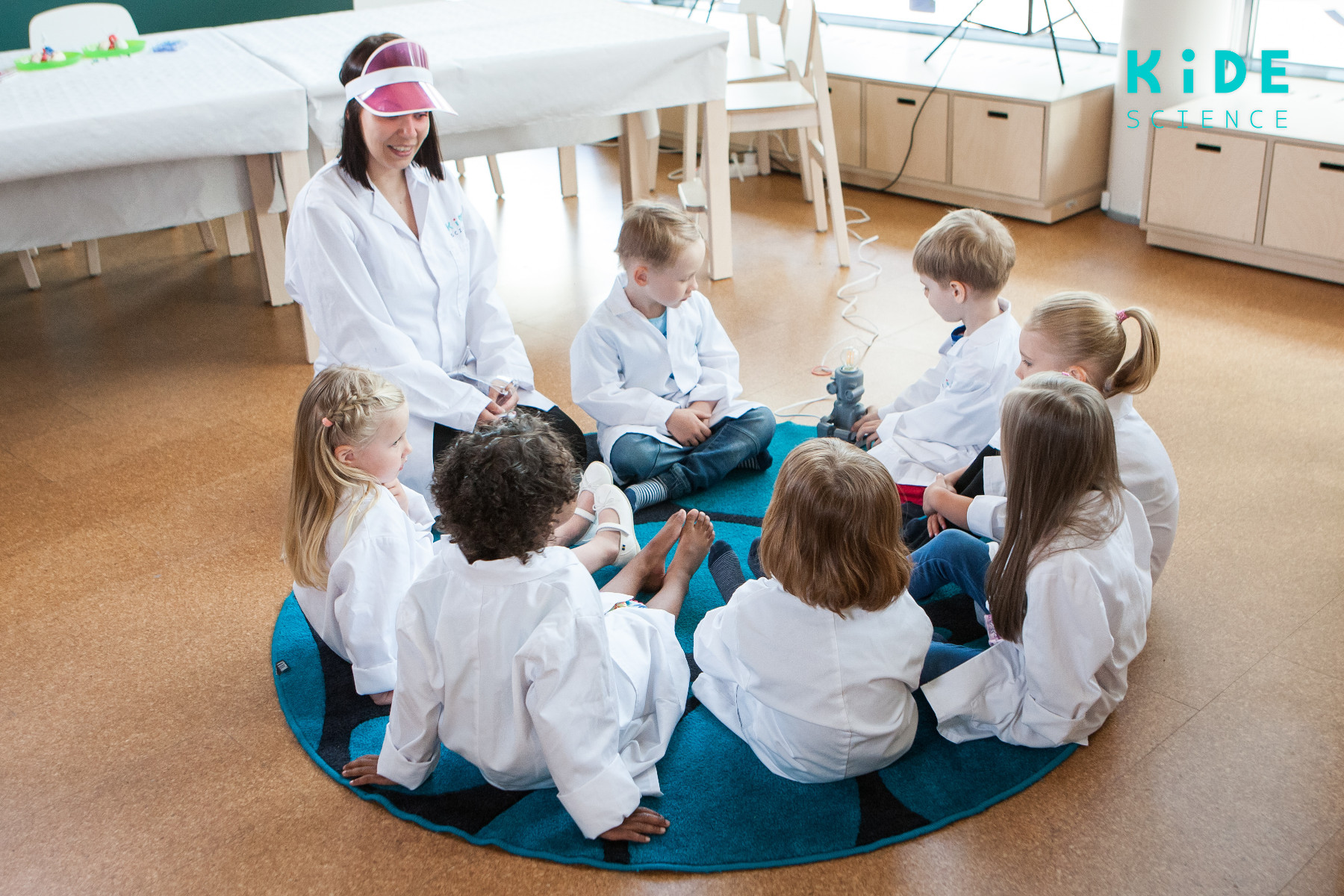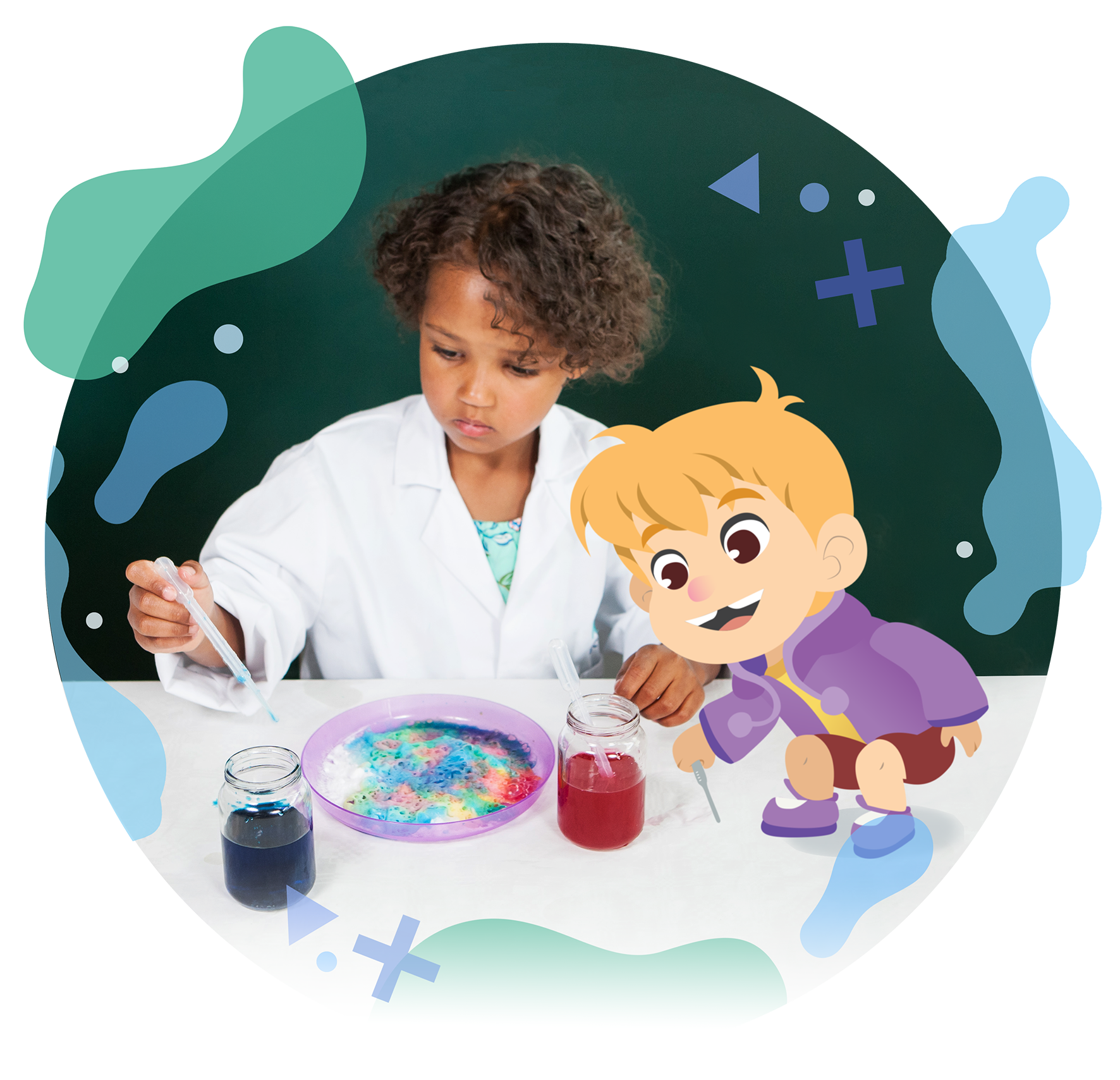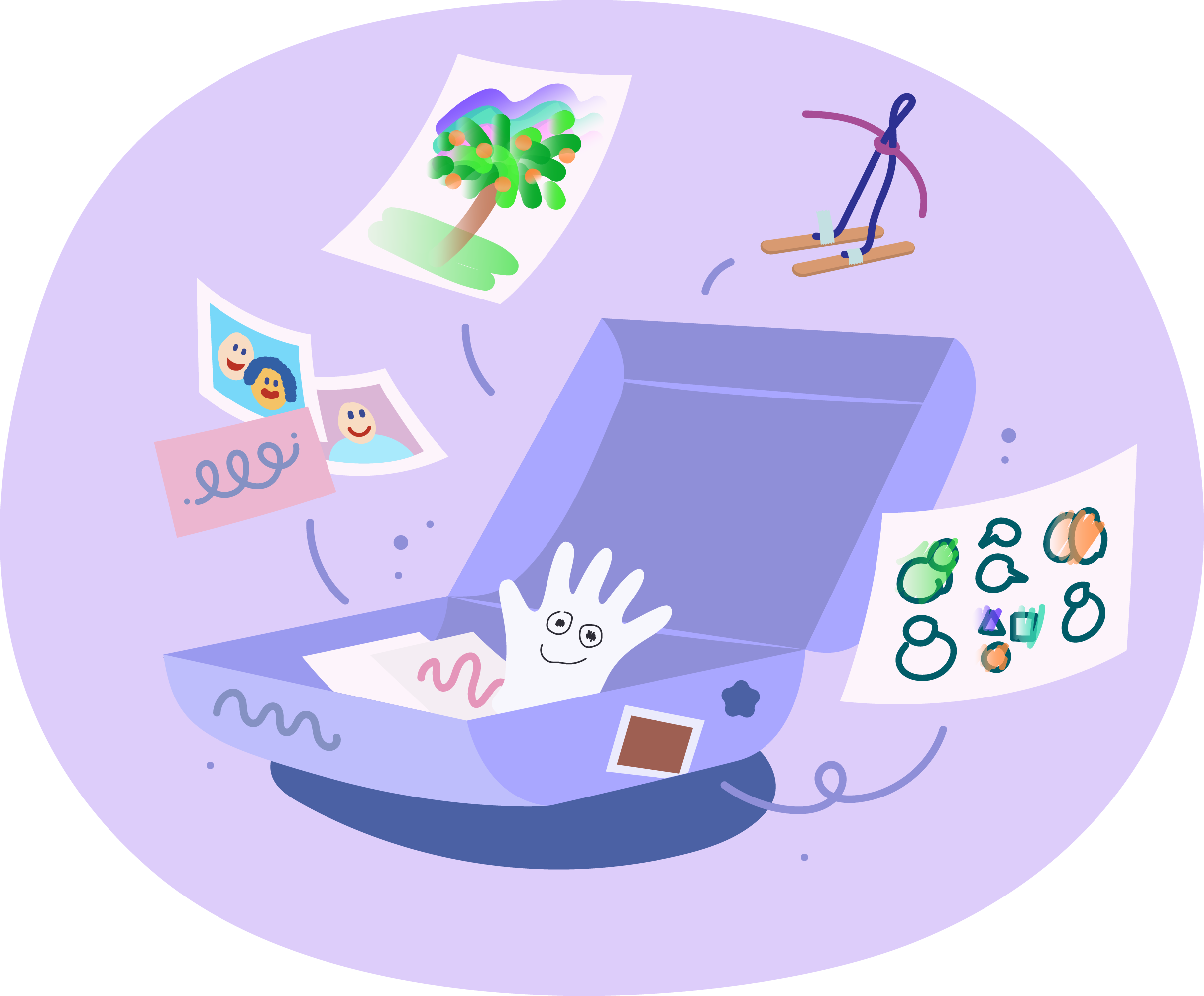Group Management and Supplies
In the beginning of the story, the child runs in and go straight to the new interesting toy. Is there something we could do here to help the child to come to the circle together?

Other Episodes
10-Part Teacher Training Series
In our 10-part series of teacher training, we will walk you through the topics and practicalities including transitions in Kide Lessons, pedagogical tips, questions, assessment, storytelling, children’s agency & preparation, drama approach, group management, adult’s role & home experiment, and scientific arguments behind the Kide-approach.
Video Transcript
Hi there.
Happy to see you here again. Today's topic is quite concrete. We're going to talk about supplies and how everything is set up to support the child's agency. And we're also going to give you a couple of tips on how to manage larger groups in our program. To understand why we talk about learning environments, supplies, and preparations in the same sentence with a child's agency, let's go through an example situation.
Imagine that you are a three-year-old. You come into a room full of colors, toys, other children, and you see a plastic thing, that's quite weird but very, very interesting. You run straight to the thing and try it out to test how it works very enthusiastically. And then the teacher comes and takes the thing away from you.
You feel bad for the situation. Then when the teacher invites you to the round mat, you see all the exciting equipment there.
Everything looks so exciting. How does this work? And how does this work? Oh, it happens so that you missed the whole story.
What was Hoseli talking about? You don't know, but you would like to know, but you already moved forward. When it's time for the experiments, you run straight to the tables, but you cannot climb to the chair by yourself. You have to wait for such a long time for the adults to come. Okay. Finally, the adult comes and you get there and there they are, all the exciting equipment right at your reach. You tried scissors there, but they don't work. They're just too tight.
And then the teacher comes again and takes the scissors away from you and says, Hey, it's not time for this yet. And you're not even supposed to touch this by yourself.
You feel bad for being too enthusiastic.
If the child doesn't need the adult's help all the time, it's easier to feel confident.
This situation is not a dramatic one. It's a very common story. It's a story of a very enthusiastic young scientist who really loves the lessons. But this time they missed the whole storyline. The equipment is set up so that they kind of get too intrigued. Let's see if we could find some small adjustments to make the situation clearer and to really allow the child to take an active role. These adjustments are most likely to make the teacher's life easier, too.
At the beginning of the story, the child runs in and goes straight to the new interesting toy. Is there something we could do here to help the child to come to the circle together? You could, for example, gather the toy so that they are not in immediate eyesight during the lesson. This way, the toys are more likely to not catch the all whole attention during the storytime.
The child focuses on testing the equipment there and cannot focus to the story. Is there something we could do here?
You could, for example, place the equipment a little bit away from the store circle, even under a blanket on a table. This way, the equipment is not there to disrupt the focus, and the listening of the story will be easier. And when it's time, the children get to fully focus on the equipment and experimenting.
The child has to wait for the adult to get to the chair and start experimenting. How could we enable a more active role for the child in this situation? You could, for example, give the children chairs of their size or do the experiment on the floor together.
The child tries out the scissors too soon and might even get hurt. Here, the scissors were on the table for a crafting task. You could, of course, keep the scissors in a safe place until it's time for the experiment. Sometimes it might also help if you prepare the task a little bit in advance so that the task wouldn't be too hard for a three-year-old. If the child doesn't need the adult's help all the time, it's easier to feel confident. Of course, we cannot control everything, but by taking these things into account, we can try and support the child's agency.
We know that sometimes for some reason, you might have a larger group. So next, I'm going to present you with something genius to help you with the equipment.
Show a multifunction basket. This is actually quite a handy way to also support the child's agency during the lesson. With the scientists, it's very handy for you as a teacher to gather all the supplies here in advance before the experiments. You just have one basket for each small group or pair. And with the older scientists, the children can also gather the things themselves.
Here, you can also use the story to help. Hoseli has sent us the following equipment: pipes, paper plates, and pens. Collect one of each into your basket. It can also be it to add an illustrated guide to help the children in the collecting of the supplies. Using a multifunction basket like this helps the situation in many ways. It makes the preparation time shorter for the teacher, and it also allows the children a more independent role during the process.
So next, a little task for you. You've now seen many ways to support the child agency through setups. Now think, how is your classroom? And is there something special to take into account there? Do you think these tips would work for you in your class? Try out your ideas and see how it goes.
Start your free trial of Kide Science to get story-based lesson plans for teachers.
Related articles
To have a structure and routines that are always remaining the same will help the child to...
We use the drama approach, as it helps the child to pay attention and motivates them to get...
We look at the learning process because that's more beneficial for the child. There is no huge...



